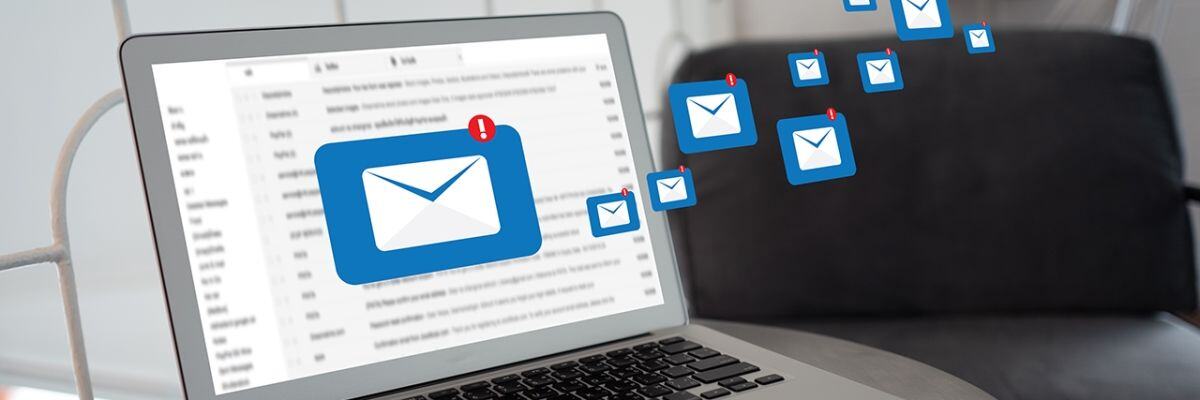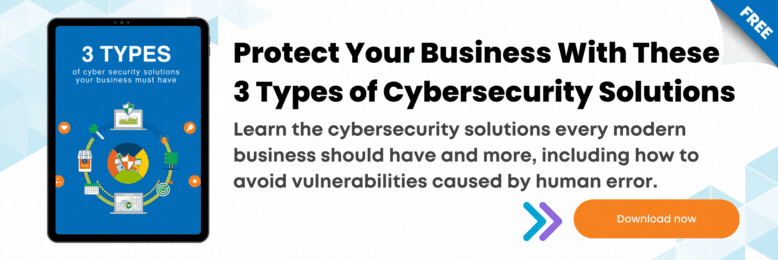Protecting Yourself From Phishing Scams
June 7th, 2020 | 2 min. read

Cybercriminals have learned to be far more sophisticated with their messages to appear more legitimate. Today, protecting yourself from these phishing scams takes more vigilance than before. Learn more about how you can avoid phishing scams.
What Is Phishing?
Phishing is when a criminal tries to steal your personal information through email or other forms of communication. The message comes from a fraudulent source that appears as if they are a trustworthy source such as a bank, a company, or even people you know.
Phishing emails look for personal information, such as your credit card number, social security number, password, or account numbers. You may even get emails from supposed services and companies with which you don’t have an account.
These emails will almost always have a link to a site that requests your personal information. No legitimate website will require this kind of information.
What to Watch For In a Phishing Email?

Some signs of phishing are obvious, while others are less apparent. Here are some telltale signs of a phishing email:
- The sender’s email doesn’t match their known email address (sometimes they will try to pass themselves off as someone you know.)
- You were CC’d with people you don’t know.
- They use a generic greeting
- Hyperlinks send you to random websites with a ton of random characters, OR they use tricks to make the link appear legitimate, like using the characters “rn” to look like the letter “m.”
- They have a sense of urgency in the email (“Claim your trip to the Bahamas here - ends in 5 minutes!”)
What to Do if You’ve Fallen Victim to a Phishing Email?
Did you click a link in a phishing email? Don’t worry; not all hope is lost. Most of these messages want you to fill out your personal information. The simplest way to protect yourself is to never give your personal information in these types of emails.
Phishing emails can also contain attachments that can make your life miserable; they can contain viruses or ransomware that will attack your computer when opened. Never open a link you haven’t verified to be authentic.
If you already clicked a link in a phishing message, contact your IT department immediately.
Disconnect your computer from the internet to keep malware from infiltrating the rest of the network. Run a full system antivirus scan to spot any potential malware you may have set loose on your computer.
Follow These Steps to Protect Your Business from Phishing
Cyber attacks are getting more sophisticated by the day. Detection systems are also getting better at rooting out these bad players, but the only way to ensure your safety online is to stay vigilant. Follow the steps above to make sure your network stays malware-free. Contact us today to know more ways to strengthen your cybersecurity.
Topics: